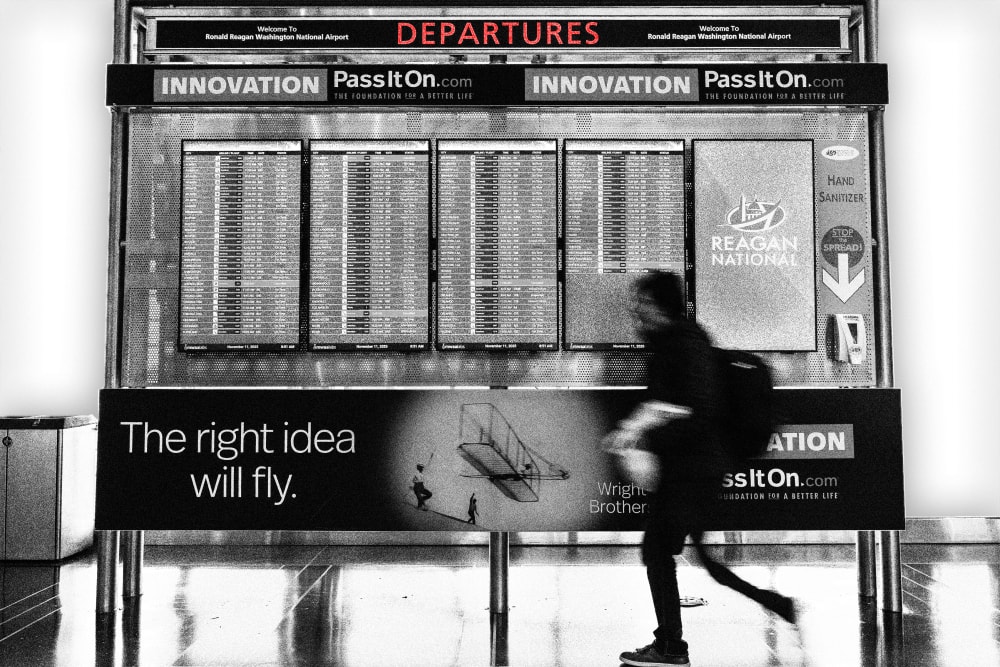This is the Nov. 12 edition of “The Tea, Spilled by Morning Joe” newsletter. Subscribe here to get it delivered straight to your inbox Monday through Friday.
The New York Times’ lead story this morning reminded me of something the late Sen. Paul Simon of Illinois said as he was leaving his life of public service: “In politics, sometimes when you win, you lose. And sometimes when you lose, you win.”
What Simon said 30 years ago seems especially relevant today.
Arthur Sulzberger’s Times and Jeff Bezos’ Washington Post both prominently featured stories of Capitol Hill Democrats starting to realize that the government shutdown deal that commentators and comedians claimed they lost could eventually turn out to be a big winner — for both their party and Americans struggling with health care costs.
The shutdown turned the president’s focus from his strongest issue to his weakest. Instead of allowing Trump to rant on crime, the shutdown steered the national debate toward health care and affordability.
On those two issues, Democrats won big.
With another shutdown looming in January, Democrats are positioned for victory. Republicans, meanwhile, face an affordability crisis that they refuse to confront.
And it’s only getting worse. Premiums are climbing, families are feeling squeezed, and yet the president keeps insisting there’s no problem.
Let late-night comedians and preening presidential aspirants mock Democrats for caving, but this political fight is far from over.
When the next showdown hits Capitol Hill, voters will remember who tried to lower their bills — and who kept suggesting they were stupid for thinking anything was wrong.
It’s only teenage wasteland.
BRAIN ROT: NOW WITH SNAZZY AI FEATURES!

Smartphones are rotting your brain — and more people are beginning to notice. “Breaking Bad” star Aaron Paul is one of them. He told The Wall Street Journal that ditching his smartphone and computer has made him “feel healthier and happier.”
“There’s just too much information we’re drowning in constantly,” he said. “I don’t think we’re meant for that.”
Now the actor carries a stripped-down Light Phone, which only does the basics. The company behind it says it’s built to help people stay “intentional, mindful, and present for what matters most.”
However you do it, cutting back on screen time might be the smartest move a lot of Americans can make.
Plenty of recent research backs that up. Studies have found that heavy smartphone use can mess with memory, focus and attention — and even change how the brain works in areas tied to decision-making. Too much time on screens has also been linked to anxiety, depression, ADHD and obsessive-compulsive disorder in teens, plus sleep problems, stress and cognitive decline for just about everyone.
Even Silicon Valley knows it’s a problem. Most of the tech world’s biggest names don’t let their kids spend much time in front of screens.
Still, that new iPhone 17 camera is pretty sweet.
PETE TOWNSHEND CATCHES HIS SECOND WIND

The Who’s rock opera “Quadrophenia” is coming to New York City this week in the form of a ballet, decades after it became a cult film favorite and more than half a century after Pete Townshend’s masterpiece became a rock classic. I sat down with the music legend and asked about the enduring power of the album, the continued reach of his most defining riffs and catching his second wind at 80.
This interview has been edited and condensed for brevity and clarity.
JS: Talk about why “Quadrophenia” remains relevant 50 years later.
















